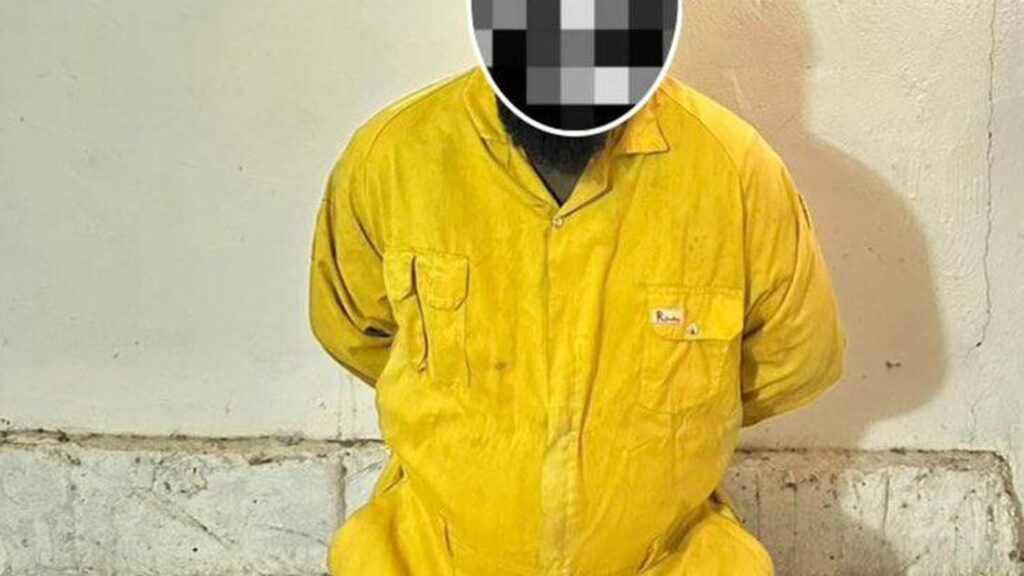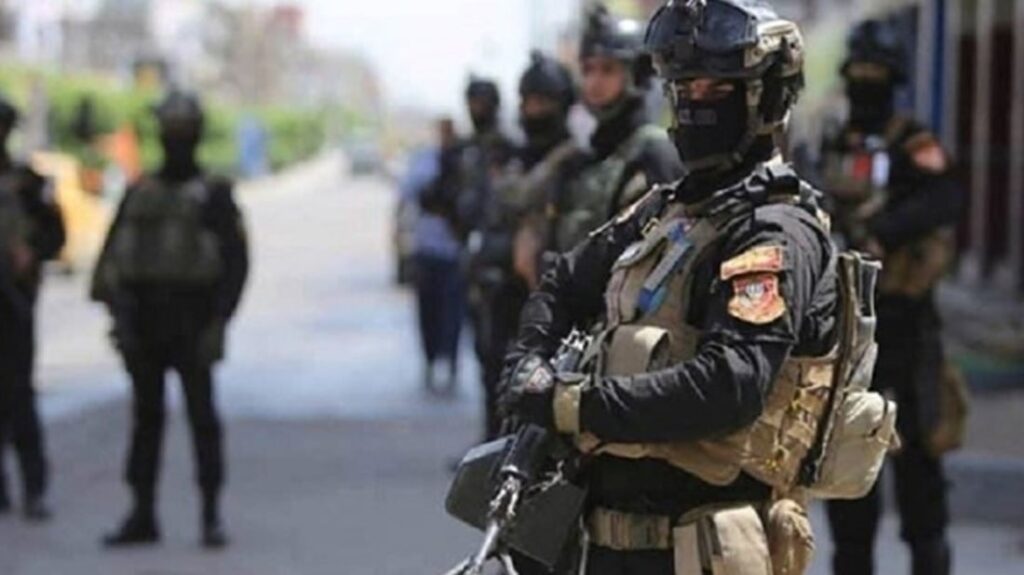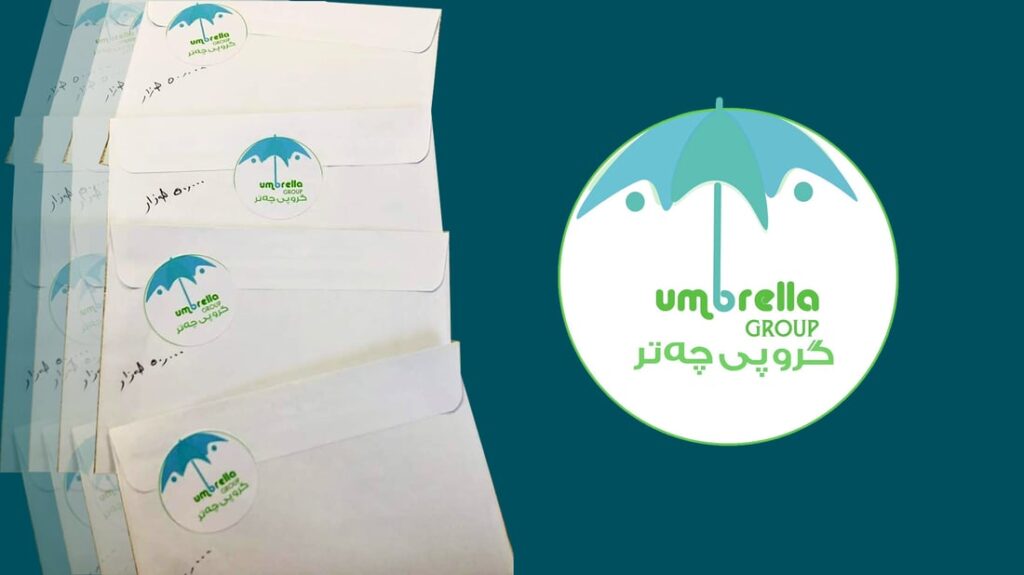Kurdish forces crack down on Islamic State fighters in Syria’s Deir al Zor

DEIR al-ZOR,— U.S.-backed Kurdish-led forces said on Wednesday they had begun a campaign against “terrorists” linked to Islamic State in a strategic town in the oil rich eastern province of Deir al Zor that residents and witnesses say has been at the center of protests opposing the rule of U.S.-supported militia.
Syrian Democratic Forces (SDF) spearheaded by the Syrian Kurdish YPG militia said it had so far arrested 20 Islamic militants and confiscated weapons in the security sweep in the vicinity of the town of Shuhail on the eastern bank of the Euphrates River and its outlying desert region.
“Our forces began a campaign in the early hours of the morning … we have discovered two tunnels used by terrorists to launch attacks,” the SDF said in a statement.
Last week, a U.S.-led special operations raid on a suspected Islamic State fighters’ hideout in the town had sparked violent protests and attacks on SDF garrisons, three residents and social media footage showed. Eight people were killed in the raid, residents said.
SDF spokesman Mustafa Bali denied any civilians were killed in the operation that he said sought an “important” Islamic State militant cell inside Shuhail, part of a large swathe of territory in northeastern Syria the U.S.-backed group controls.
“The operation was executed carefully and highly professionally and achieved its aims,” Bali told Reuters. He blamed the Syrian government for fueling anti-SDF protests in a string of towns in the region in recent weeks.
“The Syrian regime is influencing some tribal figures to aggravate the situation and trying to benefit and agitate people to protest,” Bali said.
A meeting two days ago called by the main Akaidat tribe in Shuhail urged the U.S.-led coalition to hand over the running of the affairs of their towns to them.
Growing unrest against the SDF in areas they control in Deir Zor province east of the Euphrates River has been aggravated by poor services, lack of jobs and compulsory conscription of youth, residents and tribal figures said.
Syria’s Foreign Ministry on Monday urged the U.N. Security Council to act against what it said were “crimes perpetuated” by the SDF, warning it reserved the right to defend its citizens.
Protesters carrying placards have accused Kurdish officials of discrimination and want an end to forcible conscription of Arab youths. They have also been angry with the YPG selling crude oil from fields within their region to the Syrian government.
Kurdish YPG commanders have denied discrimination against Arabs in local administrations they run and warned that tribal unrest in former Islamic State areas could undermine stability of the U.S protected territory and encourage a militant comeback.
They say militants who have reverted to guerrilla tactics after the loss of territorial control are behind a rise in hit and run attacks on SDF checkpoints and assassinations.
On March 23, 2019, the Kurdish-led SDF declared the defeat of Islamic State in eastern Syria after launching a campaign last September 2018 to eliminate the extremist organization’s gunmen on the eastern bank of Euphrates River.
U.S. has for years supported the Kurdish-led Syrian Democratic Forces (SDF) in the fight against the Islamic State group in Syria, as part of an international anti-jihadist coalition dominated by the Kurdish People’s Protection Units (YPG). But U.S. President Donald Trump abruptly announced the pullout from Syria.
The Kurdish PYD and its powerful military wing YPG/YPJ considered the most effective fighting force against IS. The YPG, which make up the backbone of the SDF forces, has seized swathes of Syria from Islamic State.
In 2013, the Syrian Kurdish Democratic Union Party PYD — the political branch of the Kurdish People’s Protection Units (YPG) and Arab groups — have established three autonomous Cantons of Jazeera, Kobani and Afrin and a Kurdish government across Syrian Kurdistan in 2013. On March 17, 2016, Kurdish and Arab authorities announced the creation of a “federal region” made up of those semi-autonomous regions in Syrian Kurdistan.
Copyright © 2019, respective author or news agency, Ekurd.net | Reuters
Comments




